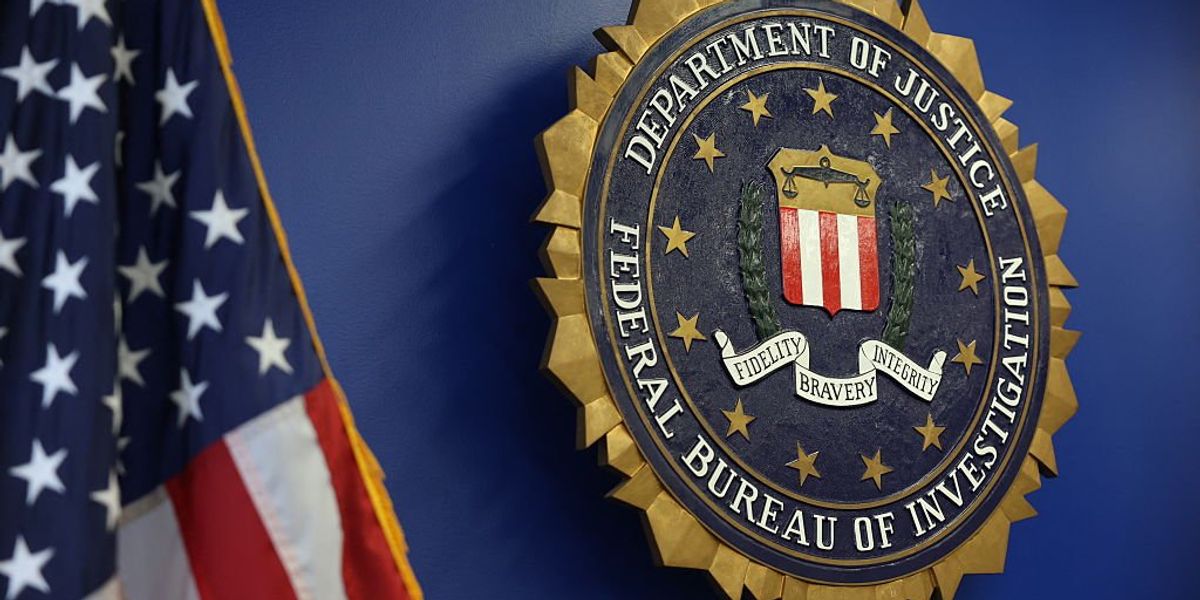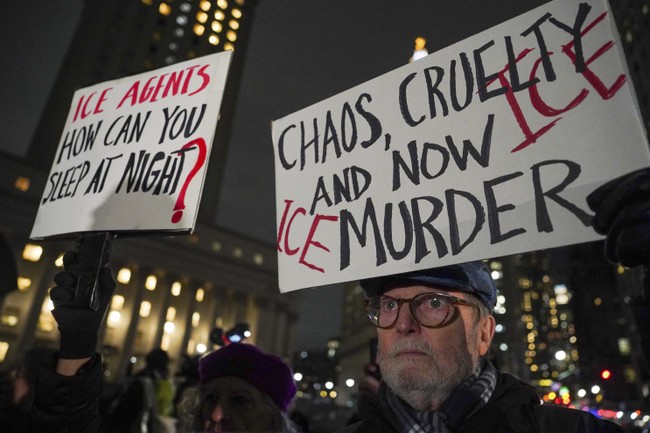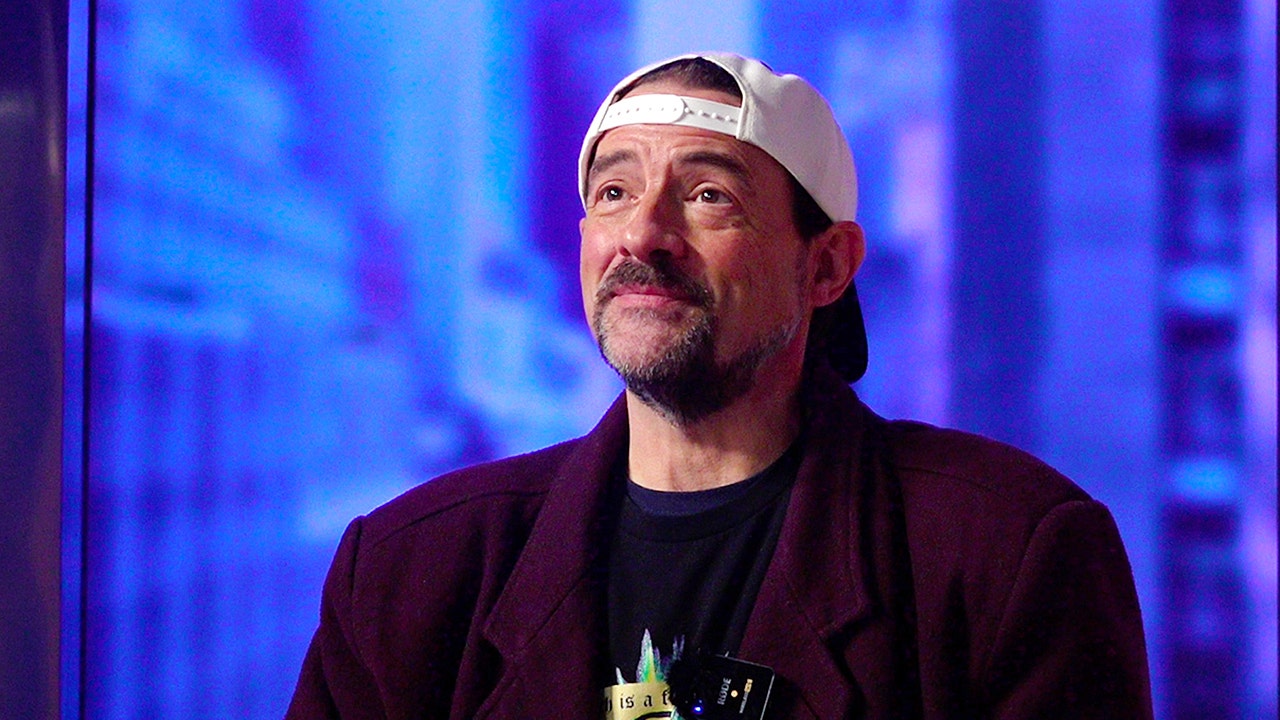During a press conference last week in the Oval Office, a reporter asked President Trump how it’s possible that we know more about a couple from a Coldplay concert just hours after their extramarital affair was exposed on social media than we do about Thomas Crooks more than a year after he came within centimeters of killing the president in Butler, Pennsylvania.
Despite thousands of interviews and hundreds of hours combing through photos and videos, the public still knows very little about the would-be assassin. Not his motive, not how he gained access to a nearby rooftop, not even how he built two remote-detonated bombs he ultimately never used.
Until any of us are given reason to believe transparency in any particular case is harmful to the constituents we serve, our duty is to demand it at every juncture.
Trump responded that he believed the FBI when the organization told him investigators didn’t find anything, clarifying that his conversation was with the “new” FBI leadership, not the corrupt organization led by James Comey or Christopher Wray — leadership he would never trust.
Old rot, new clothes
Though Trump has placed widely trusted figures within the FBI, six months is hardly enough time to place faith in the same institution that has been weaponized against him for nearly a decade. Institutional rot undoubtedly runs deeper than its top brass.
The ambiguity surrounding Trump’s failed assassin should be met with absolute scrutiny. The lack of information about Crooks is not an anomaly — it’s the signature of a bureaucracy that hoards information from the public under the pretext of “national security” or “ongoing investigations.”
This culture of concealment has infected Washington for decades. Bureaucratic elites, along with their stakeholders, have presumed the authority to decide what the public should know — if anything — and release only information that suits their agenda.
Americans have been promised transparency and accountability across generations. They almost never get it. Such entrenched power calls into question who truly holds the keys to power in Washington.
A history of ambiguity
Consider the John F. Kennedy assassination. For more than 60 years, the public has doubted the official narrative pushed by the intelligence community — and rightly so. Just days after President Kennedy’s funeral, a Gallup poll revealed that a majority of Americans didn’t believe that the shooter acted alone. The lack of transparency that still persists decades following the case has only fueled speculation.
In one of my first hearings on the Task Force on Declassification of Federal Secrets, experts confirmed what President Trump’s March declassification made undeniable: The CIA repeatedly lied to Congress about its ties to Lee Harvey Oswald.
Just days ago, the agency tacitly admitted that its 1963 testimony — claiming to have had only limited knowledge of Oswald — was a lie. Newly released documents show that the CIA’s liaison to Congress, George Joannides, not only concealed an “off-the-books” anti-Castro operation that had interacted with Oswald, but he also earned the CIA’s Career Intelligence Medal for stonewalling Congress’ investigation.
For nearly 62 years, a bureaucratic agency commissioned by Congress, funded by Congress, and subject to congressional oversight lied to Congress. And not only did it get away with it, it was rewarded.
CIA gone rogue
If the body that created the CIA can’t hold the agency accountable, who can?
Not even the executive branch has succeeded. Republican and Democratic presidents alike have failed to force full compliance with the 1992 JFK Assassination Records Collection Act. Under Trump’s first term, the public was given the familiar excuse from the intel community: “It’s a national security concern.”
Do the American people have to wait six decades — and for all involved to be long dead — before knowing the truth about what their supposed representative government has done? Who decides when and what we get to know? If not the people, if not Congress, if not the president — then who?
RELATED: The CIA’s greatest failure: Intelligence
Photo by SAUL LOEB/AFP via Getty Images
This is why the Jeffrey Epstein case matters to the public and why it can’t be swept under the rug. The “files” and our inability to even learn who was involved in the crimes that placed Epstein and Ghislaine Maxwell in jail are a testament to the ugly truth: In the words of James Madison, “A popular government, without popular information, or the means of acquiring it, is but a prologue to a farce or a tragedy; or, perhaps both.”
Transparency is our duty
The American people have become several steps removed from the decision-making power in Washington. Information and the means of acquiring it — and thereby, the ability to even know whom to hold accountable — have been almost entirely lost. Perhaps our government is, as Madison asserts, “a prologue to a farce or a tragedy.”
As members of Congress, it is our duty to do everything in our power to uphold the Constitution and deliver to the American people the transparency that sustains trust in our democratic Republic. Until any of us are given reason to believe transparency in any particular case is harmful to the constituents we serve, our duty is to demand it at every juncture.
Read the full article here












